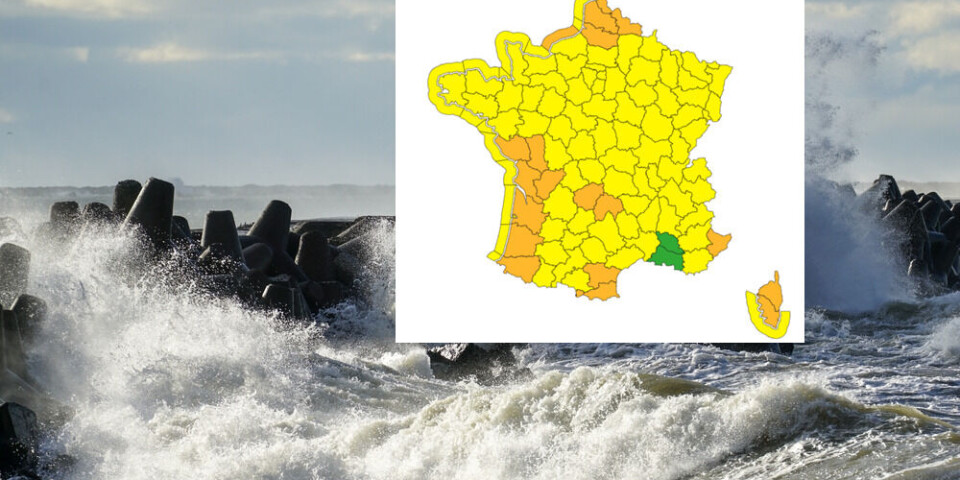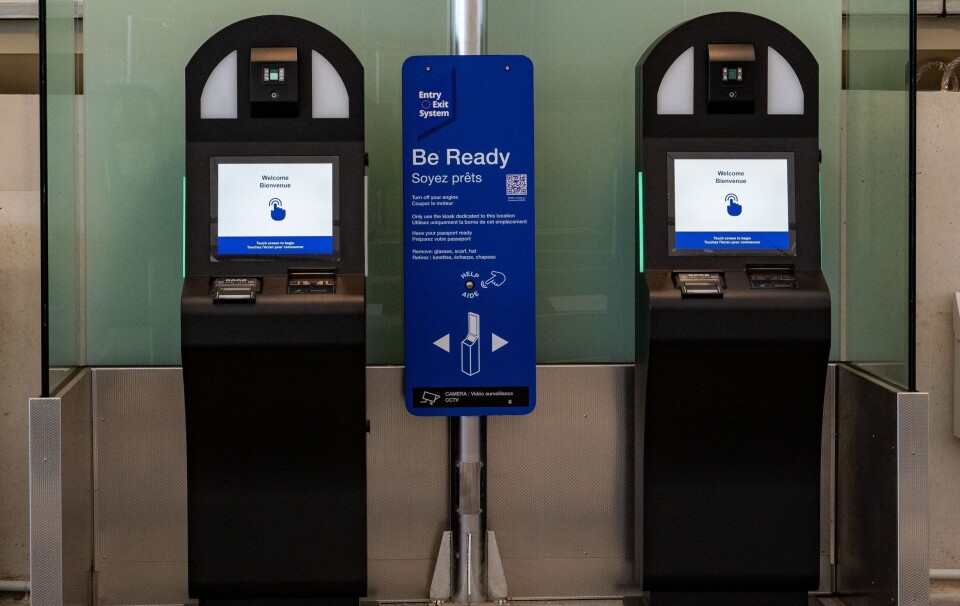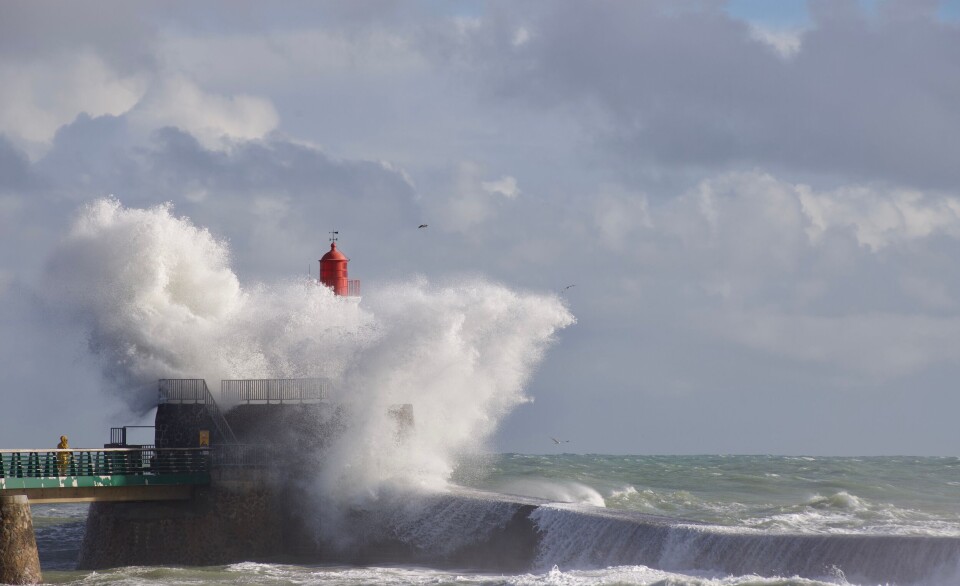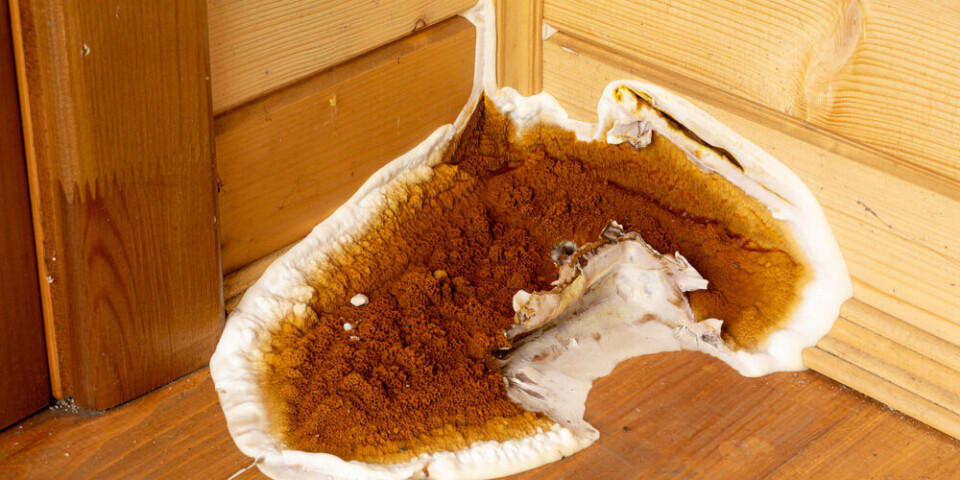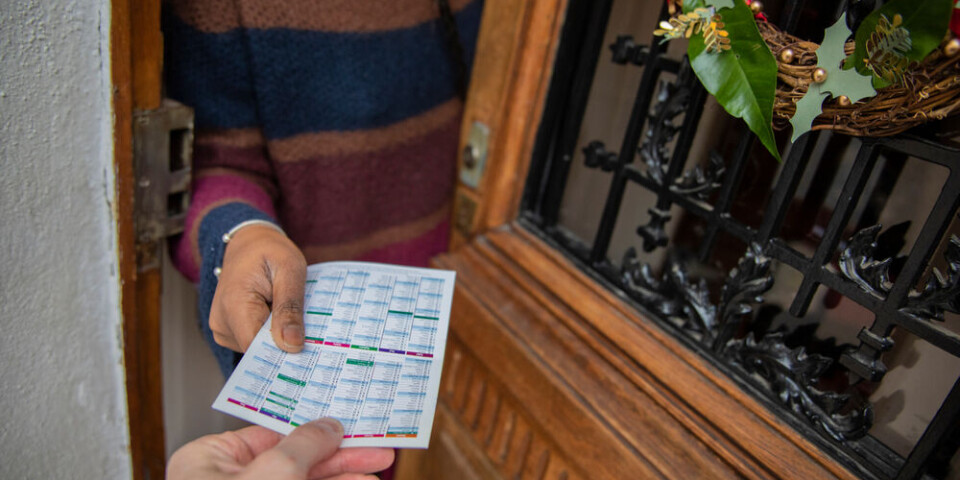-
Graph: Record international investment in France announced
France is ‘most attractive' European country for investment says government
-
What are the jobs you cannot do in France with ‘auto-entrepreneur’ status?
The status offers tax and administrative advantages, but has strict rules about the professions allowed
-
VAT on small businesses: French MPs call for no reduction in threshold
Plans to lower the threshold to €25,000 would hurt micro-entrepreneurs and ‘massively destroy activity and wealth’ say critics
World-beating French boat firm kept afloat by R&D cash
Boat building is a fickle business, but it is one in which France now leads the way.

The relative strength of the French industry was illustrated when German boat-builder Bavaria, which had been one of the world’s most successful, filed for bankruptcy last year.
It was eventually bought from the receiver by an investor who said he would cut back on foreign production.
UK motorboat-maker Sunseeker International is now owned by a Chinese conglomerate after passing through the hands of an Irish fund.
Before the Irish investors stepped in, there were fears that Sunseeker would sink.
Among the companies named as possible buyers of parts of Bavaria was Groupe Beneteau, a French firm which makes sailing boats ranging from four-metre dinghies to 30m luxury motor yachts.
The firm, based at Givrand in the Vendée, was founded in 1884 to build fishing boats.
It was one of the first to fit a petrol motor, in addition to sails, to sardine boats in 1910, overcoming hostility from fishermen who were convinced the noise of the motor would drive fish away from their nets.
Now one of the biggest boat- builders in the world, the company is listed on the Paris stock exchange. It still has members of the Beneteau family on its board of directors.
It has a small division making outside furniture and fittings for terraces but the majority of its business remains boats.
Last year, it issued a profit warning at the same time that yachts were being mentioned as casualties of the trade war with the US.
Its share price fell by a fifth, but when the 2017-18 results were published, sales were up, operating profit was up and it had lots of cash in the bank.
So far, 2019 has followed the same pattern. A profit warning in February saw a 21% fall in the share price. The company forecasts sales up between 3% and 5%, compared to the 6.5% rise in 2018, with US-EU trade war tariffs cutting sales from the US from $30million to an expected $5million.
On this side of the Atlantic, the weakness of sterling since June 2016 has helped British luxury yacht rivals.
Communications director Mirna Cieniewicz told Connexion there were three main reasons why the company has survived and thrived: its ownership, business strategy and investment policy.
She said: “Although we are listed on the stock exchange, 54% of the company remains in the hands of the Beneteau family. This removes the pressure for short-term results and allows a long-term strategy to be stuck to.”
Related to the ownership has been the bon père de famille business strategy. This has been followed by the company whether it was being run by the family or by outsiders, as has been the case since 2015.
“The basics are that you spend less than you earn, that you put money aside in good years to see you through the less good years, and keep a solid financial base,” she said.
The firm spent €85million last year on innovation, split between product development and investment in tools.
“Pleasure boats are the first to go in hard times and the last to be bought in good times,” Ms Cieniewicz said.
“But in order to be attractive when people want to buy, you have to stand out, and it is our research and development which makes a big difference. Often competitors are bought by funds who cut R&D when times are hard and then are left with out-of-date boats to sell. Things go down from there.”
The Fédération des Industries Nautiques said boat-builders finally returned in 2017 to pre-2007 financial crisis levels, with sales of €1.8 billion and 41,000 jobs.
For 2018, the official figures were 5,400 businesses associated with the sector, 41,500 jobs and sales of €4.8billion.
An estimated 1,500 new jobs will be created in the industry in France this year – but there are concerns the posts will not be filled.
The importance of this industry has attracted government attention.
Finance minister Bruno Le Maire and transport minister Elisabeth Borne both back the creation of an official contrat de la filière des industries de la mer – government recognition of a separate industry.
Priorities of the new filière, which will be backed by local and state government bodies in France, include developing international sales, boosting digital transformation in companies, jobs and training, and research and development.




